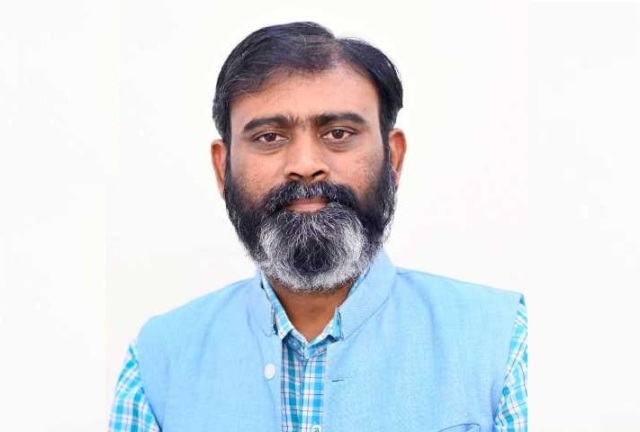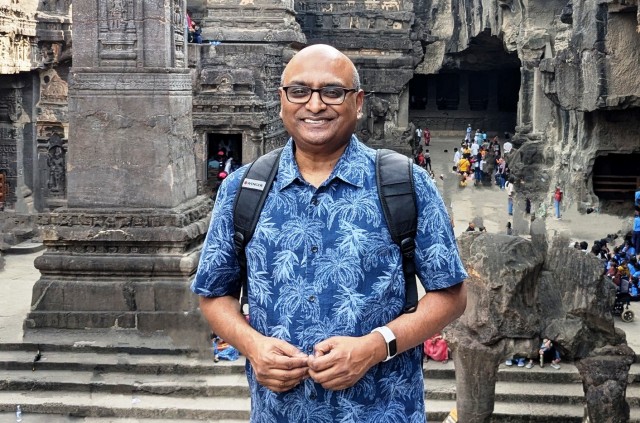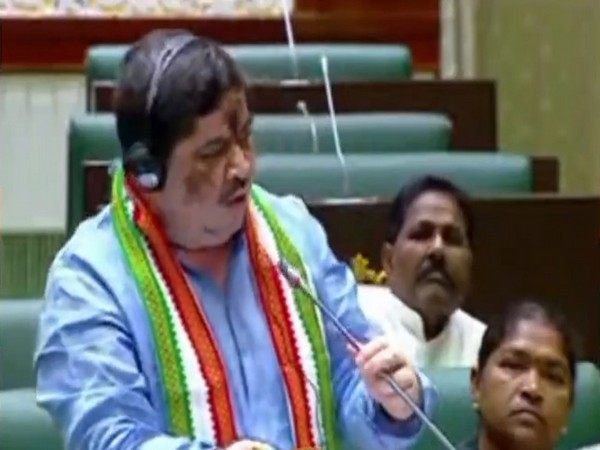Dr Parimal Maya Sudhakar, Associate Professor at MIT (Pune), says removing the 50% cap on reservation is difficult but not impossible. His views:
The Union government has taken a decision to include caste enumeration along with a general census exercise. Indeed, when this exercise will commence, and what type of questions will be included to firm up the caste data, is not known. The Census is pending since 2021.
The Cabinet decision has come unexpectedly, but it’s not surprising. The prime minister has the habit of stealing the wind from the opposition’s camp and defusing their campaigns. Assembly elections in Bihar and UP are due.
The RSS-BJP has an ideological dilemma on the utility of the caste census. This is ironic because they have been working for long on creating and celebrating identities of sub-castes within the OBCs, SCs and STs. Since the politically organized dominant sub-groups within these categories have not been aligned to BJP in electoral politics, the Hindutva party has chosen to organize many sub-castes for political benefits.
The BJP’s strategy has worked in Bihar and UP since 2014. However, these sub-castes need a greater share in the reservation system and one of the easier ways of ensuring it is by creating new quotas or sub-quotas for them. Ensuring fair representation within a system for each community is a major indicator of how much social justice has been achieved. The census will create a ground for it.
Removing the 50% cap is difficult but not impossible. There will be political unanimity on this issue once the caste figures become public. All the state governments and the Union government will have to consider the new numbers as and when the caste census data is made available. For this, it is important that the census must register the educational and economic status of each family, along with the caste census.
Since the Supreme Court has already validated 10% reservation for Economically Weaker Sections and thus allowed the overall reservation to go up to 60% at the national level, the 50% argument has already been put under the carpet. Gujarat and Maharashtra have made provisions for caste-based reservations to the Patel and Maratha communities. Since the apex court has not put a stay on these decisions, the ground is already ready for the formal removal of the 50% cap on reservation.
ALSO READ: ‘Caste Census Is A Double Edged Sword’
Caste and religion-based appeals have trumped the democratic objectives of the ‘Mandal Commission revolution’. It had the vast potential to destroy the unequal social order, which it has been able to do only partially so far. Undoubtedly, the caste census will sharpen the caste contestation in our society. It doesn’t mean it will create new fault-lines. It will only bring into light the existing fault-lines.
Different caste groups will come to know about how much share they have in the country’s wealth and resources, and how much representation they have in the governance system, including in the judiciary and media. New demands will emerge accordingly. We might be entering a long haul of caste-based agitations and demands.
Given that we have miserably failed on two counts post-Independence: i) Eradication of caste-based oppression and marginalization and ii) diminishing inequality in our society by providing equal economic opportunities to all the strata – more caste/identity-based demands and agitations are due now. Caste census and caste-based demands of social justice are going to address the above mentioned two problems – oppression and marginalization, and economic inequality – only in a limited manner. However, optimistically, one can consider that most of the people would realize something extremely important, sooner than later.
To get a fair share for their community, there has to be many more jobs in the government, semi-government and private sector. There has to be affordable and quality schooling and university education system to make everyone competent enough, and there must be a universal health care system. This is bound to happen.
However, even if it happens, it will not lead towards a caste-less society. Caste in India is a deep-rooted reality. Its eradication will require a two-pronged approach.
One, social justice as a necessary tool, and caste census as a necessary means for realizing social justice. Two, a parallel movement to inspire people to give up caste, and all the identities associated with caste.
It may appear paradoxical or contradictory, but this is the dialectic of addressing and eradicating the caste system. The bottom line is we need to uphold the flag of social justice by addressing the fundamental needs of various caste groups, and, simultaneously, keep up conscious efforts to make as many individuals as possible, to give up caste.
(The narrator holds a doctorate from Jawaharlal Nehru University (JNU), New Delhi, and is a columnist on politics and international relation)
As told to Amit Sengupta



